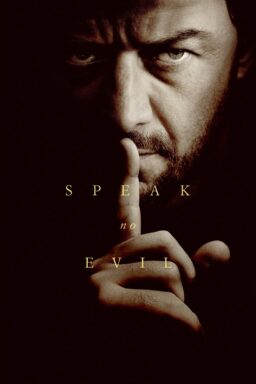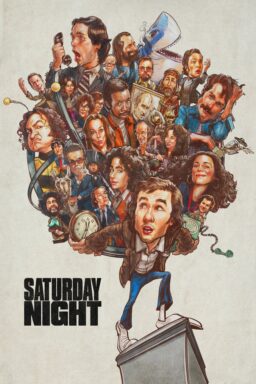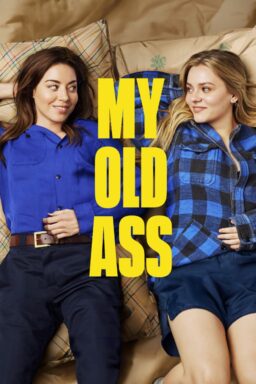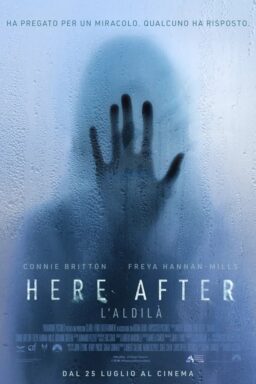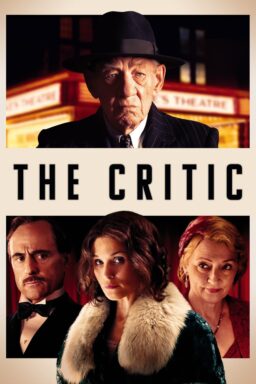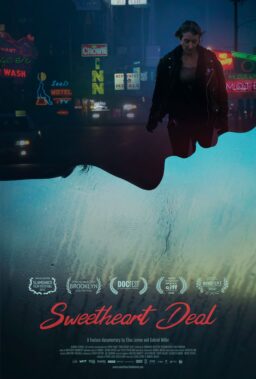Every family has its secrets, but the one in “The Mother Of All Lies” director Asmae El Moudir’s family has haunted her for much of her life. Growing up in Casablanca, Morocco, she has almost no photos from her childhood. El Moudir realizes she’s the only one in her family with only a single photo of herself from her past – and she’s unsure if the photo of a young girl that her mother gave her is her at all. Seeking answers from tight-lipped parents and relatives, she recreates the neighborhood where she grew up in miniature form with her father, a former builder, to ask the questions no one wanted to answer. The secrets and lies go all the way to the top in the form of an iron-willed grandmother who has rarely, if ever, been questioned like this before.
This strange and creative approach to storytelling and family therapy is a small wonder to see in action. El Moudir carefully builds this experiment the way she has rebuilt her family home, working with her dad to bring the various characters of their family to life, from the activist neighbor to the stern and short grandmother who declared pictures were a sin and left El Moudir with no albums from her early years to revisit. “When grandmother speaks, everyone freezes like live photos,” El Moudir observes in her poetic narration that guides the film. As the secrets unravel, El Moudir must navigate the family’s hard truths with her sense of loss over missing out on treasuring family photos. The matriarch is a fascinating character to watch; she seems like a mystery even to her loved ones. She holds so much power and is not afraid to wield it: When she’s displeased with an artist’s glass portrait of her (she also criticizes her miniature likeness as well), she simply walks over to it and, with her sturdy cane, bashes it into oblivion. Then she walks over the remnants with a satisfied crunch.
Since El Moudir lacks the archival resources other documentaries would have used, she instead uses the miniatures she and her father have created to fill in the blank screen, illustrating the past with a scrappy stop-motion animation style that’s colorful and innovative. The result feels whimsical, as real-life counterparts intermingle with the mini versions freely, sometimes physically moving the figures themselves or hovering in the background of their creations. They are building the past in front of our eyes, transporting us to an earlier time, and telling stories rarely and often recounted.
El Moudir’s questioning eventually uncovers a painful time in Morocco’s history, the nearly forgotten 1981 Bread Riots, where hundreds of people were killed after a strike met with military aggression. They happened right in the family’s neighborhood, in front of grandmother’s watchful eye. The traumatic chapter in their past has practically never been mentioned to El Moudir, who was born many years later, blissfully unaware of the massacre that befell the streets where she played childhood games. It was a national tragedy that even the country does not teach in schools or discuss. Like in the director’s case, only one photo of the time survives, drawing comparisons between Morocco’s efforts to repress the incident with El Moudir’s grandmother’s attempts to forget the past at any cost. Many of the bodies were never found as the military quickly hid the tragedy, and family photos of lost loved ones were all many had left.
Blending confessional interviews with closeups of clay figures in her recreated Casablanca neighborhood, El Moudir strikes an impressive balance between rediscovering the past and unearthing the emotions packed away for decades. Peeling back the layers of trauma and repression, El Moudir finally wins her hard-earned answers and maybe some begrudging respect from her grandmother. Through her ambitious approach, she finds similarities between people placing their miniature selves in the models to how we shape and create our own personal histories. The film also feels like a conversation prompt to ask those tough family questions, not to secrets alone, and potentially lose their answers for future generations – because the way to keep memory alive is to revisit the past, not bury it.






